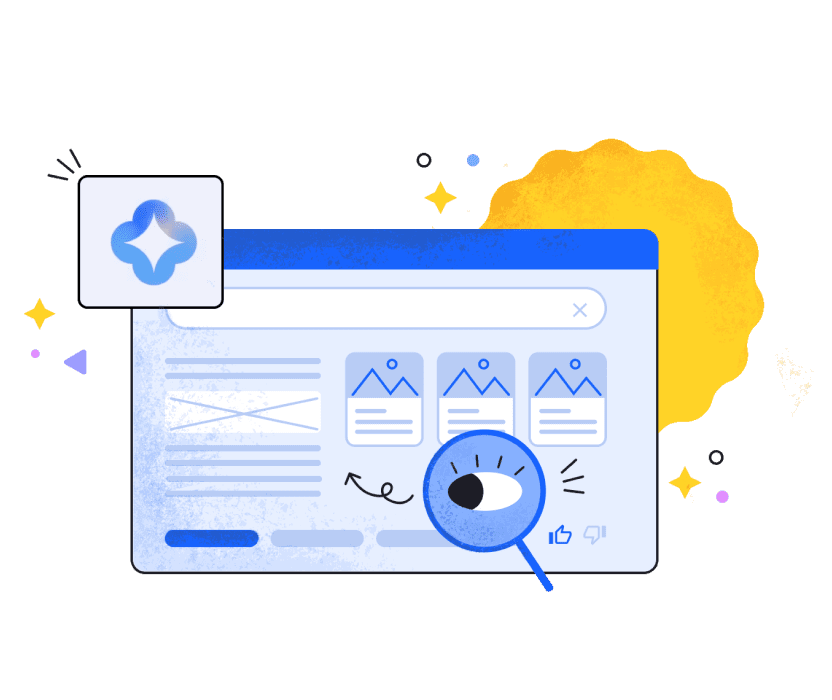SE Ranking blog
Blog with the latest news and best practices from SEO world
Featured articles

Jun 19, 2024
26 min read
Apr 06, 2023
25 min read
Apr 06, 2023
15 min read
Feb 29, 2024
1 min read
SEO Industry News
Jul 09, 2024
8 min read
Jun 19, 2024
26 min read
Jun 03, 2024
8 min read
May 31, 2024
8 min read
May 17, 2024
5 min read
May 17, 2024
6 min read

Thank you!
You have been successfully subscribed to our blog!
Please check your email to confirm the subscription.
Latest articles
Jul 24, 2024
74 min read
Best Marketing Tools
Top 13 Best SEO Reporting Tools to Enhance Agency Efficiency and Boost Client Satisfaction
Jul 24, 2024
22 min read
Jul 23, 2024
35 min read
Jul 22, 2024
25 min read
Jul 19, 2024
19 min read
Jul 18, 2024
17 min read
Jul 17, 2024
10 min read
Jul 17, 2024
17 min read
Jul 17, 2024
27 min read
Jul 17, 2024
14 min read
Jul 17, 2024
19 min read
Jul 17, 2024
16 min read

Listen to our podcasts with top SEO pros and learn about the latest industry trends, effective strategies, and real-world experience
Episode - 25 | June 27, 2024
Non-Trivial SEO: Enhancing Your Website’s Performance through Unusual Approaches
Episode - 24 | June 13, 2024
The SEO Agency Rollercoaster with Bibi the Link Builder of BibiBuzz
Episode - 23 | May 21, 2024
Advanced Technical SEO Tips for Content Localization and User Experience
Technical SEO
Technical SEO
Case Studies
SEO Industry News
Agency Operations
SEO Strategy
Analytics & Reporting
Keywords & Content
Niche SEO
Link Management
Best Marketing Tools
Digital Marketing
SE Ranking News
Google SERP Features
Jul 17, 2024
16 min read
Jul 02, 2024
26 min read
Jun 04, 2024
28 min read
May 21, 2024
20 min read
Mar 22, 2024
14 min read
Mar 19, 2024
17 min read
Academy courses
Watch SEO courses created in collaboration with SEO experts and agency owners
certification course
Content SEO
43 Lessons
2 hours
certification course
SEO Basics
41 Lessons
6 hours
workshops
SE Ranking in Action
7 Lessons
4 hours

Thank you!
You have been successfully subscribed to our blog!
Please check your email to confirm the subscription.